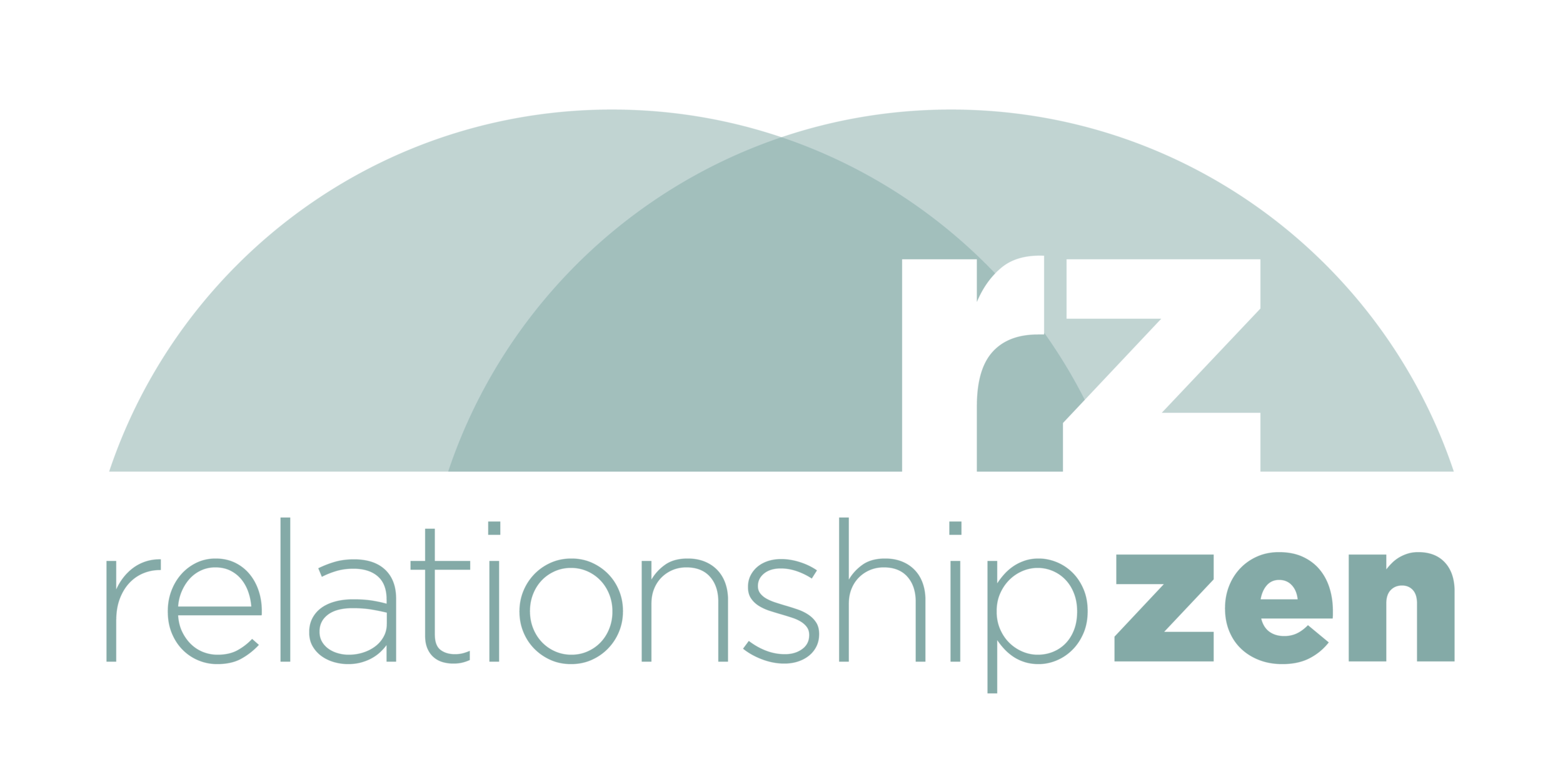Here's a Quick Way to De-Escalate an Argument
“When you lose, never lose the lesson.” – Dalai Lama
Arguments happen in strong relationships too
Last Wednesday we got into a heated discussion during a date downtown after not having seen each other for over a week. You’d think that this was supposed to be a pleasant and relaxing time.
Instead, the lack of face-to-face communication and use of texting over a week or two caused some friction.
Just like many debates where emotions are involved, the disagreement started with something small on the surface. However, “something small” sometimes seems to be tied to a deeper wound in the subconscious, and leads to escalating conflict.
After a while, David was tired of being angry so he literally flipped a switch and chilled out. Now this may seem fine and dandy, but on a deeper level (energy-wise), David disconnected from Lindsey, who was still emotional.
This made it even worse and the negativity continued! Basically, David was feeling like Lindsey was being irrational and Lindsey thought David was being a jerk. Before all hell broke loose, we had to stop and talk consciously about what had unfolded before us.
Decide not to take things personally, then get to the bottom of things
If you can master the pause button during your arguments, do it and talk about it calmly. Don’t just talk to defend your actions and words – help each other figure out why there is tension between you in the first place.
We tried to do this and came up with an interesting theory that will definitely help us to prevent future conflict and to appreciate each other more. Essentially, we figured out that the cause of tension was not miscommunication, but a lack of awareness and appreciation for our own personality styles.
Know your personality or communication-style
Are you familiar with the “DISC” personality profiles? Each letter represents a set of personality characteristics. Lindsey has an S in her personality (combination of ISC). In this case, her S represented the following characteristics: supportive and more sentimental.
David has a C in his personality (combination of IDC). In this case, his C represented the following characteristics: wanting to appear competent and predominantly contemplating, rather than communicating.
Therefore, David perceived Lindsey as firing off seemingly emotional, irrational, and/or irrelevant statements while Lindsey perceived David as being apparently harsh, cold, and/or uninterested.
Communication in relationships can be tough, eh?!
The truth is that no one was perceiving the absolute truth. The truth is really just a version of the actual TRUTH made up by the story we tell ourselves.
Lindsey was not actually irrational, and David was not actually insensitive. That was a mere reflection of reality as filtered through our perspectives.
When dealing with the S type in future conflict, David figured that he should use kind and gentle behaviour because they prefer supportive environments to work their best. S types typically need time to recover and time to adjust and think through conflict. Lindsey said she needed time to process our disagreement.
If pushed, S types have the potential to withdraw and turn into turtles (not want to debate) for fear of being hurt or damaging a relationship. Overall, an S type person would benefit from being more self-empowered (hence why Lindsey is learning Relationship Zen), practicing public speaking, and using their emotional intelligence as a strength.
Lindsey realized that when dealing with a C type in conflict, it’s important to realize that they will need to hear the thought-out answers because they believe they’ve thought and researched everything through.
Stimulate them to think through situations from other angles. Don’t try to appeal to their emotions at the outset, because they are task-oriented. Be optimistic, because C types tend to worry more than others. Overall, a C type person would benefit from learning to appreciate the way others think and process. C people need to be more positive and live in the moment (hence why David is learning Relationship Zen stuff).
Remember, these were just the aspects of our personalities that came out during that particular conflict and do not represent our personalities as a whole.
Pause. Reflect. Understand. Appreciate. Repeat.
The interesting thing to take away from this is that we literally PAUSED our debate and broke it down in the heat of the moment. We turned a conflict into a learning moment that could really help strengthen our relationship.
Sustaining relationships takes a lot of patience and we’re glad that we tried to understand ourselves better and appreciate each other’s differences, instead of hating on each other that day.
Connect, share, and subscribe
How have your interactions with people (who have opposing personalities) helped you grow? Let us know via social. We love to respond and see your responses.
Are you subscribed to our newsletter? If you’re not, we want to encourage you to do that today. We don’t want you to miss a blog post or bonuses. For example, we’ve got a free relationship guide and if you’re not subscribed there’s a good chance you’ll miss out on it. Click here to subscribe via our homepage! Can’t wait to chat with you.
And if you’re feeling extra loving, we would be really grateful if you shared this article with a friend who might benefit from the content. Let them know what your favourite part of the article was. Your shares help other people find our blog and inspire one strong relationship at a time. Thank you!
Two wholes sharing a path,
DL
